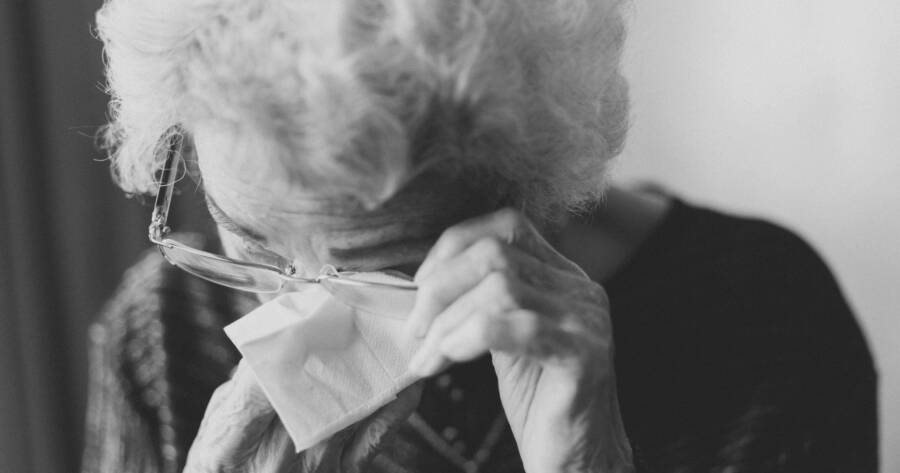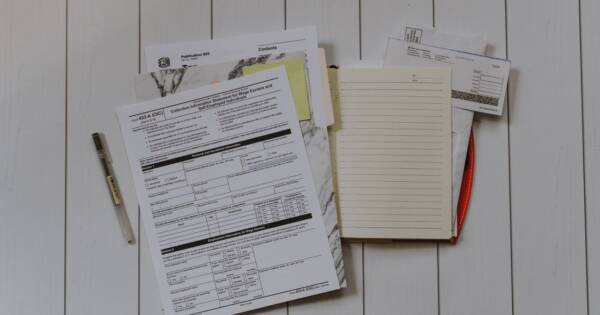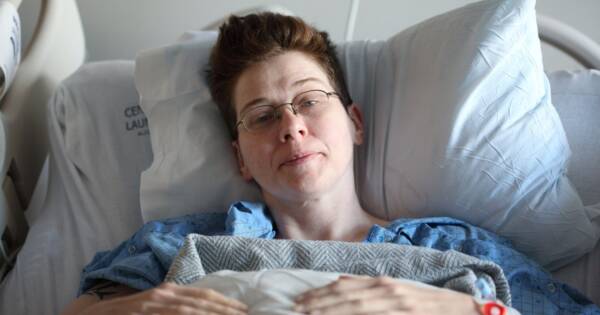Despite being one of the most civilized nations on earth, the United States is home to an elderly population that is continually exposed to abuse and neglect at the hands of the people tasked with its care: nursing home and long-term care staff. It’s critical to understand how to report abuse, neglect and exploitation of this vulnerable population.
What Is Elder Abuse?
Elder resident abuse is when a caregiver knowingly and either intentionally or as an act of negligence inflicts harm or risk to an elderly person in their care. Under this definition, an estimated 5 million elderly people are abused each year, and one out of 10 people age 60 and up has experienced abuse firsthand.
One survey found that around 36% of nursing home residents had witnessed a minimum of one incident of physical violence toward an elderly resident during the prior year. And 9.3% of staff admitted to committing at least one act of physical abuse on the elderly. When it came to psychological abuse, 40% said they were guilty of perpetrating this type of abuse on the elderly in their care.
Forms of Elder Abuse
Elder abuse , but it often does for the 1.6 million Americans living in 17,000 licensed nursing homes and up to 1 million living in around 45,000 assisted living facilities. There are five types of elder abuse that are most common in nursing homes and assisted living facilities.
Psychological Abuse
This type of abuse is the most common. It is also the most difficult to identify, particularly in patients with dementia or other memory disorders who may not remember the abuse long enough to complain about it — or who may be too embarrassed to mention it to begin with. Psychological abuse may include yelling at the resident, threatening the resident, speaking in a harsh tone or saying mean things to the resident.
Financial Exploitation
Around 6.8% of elders face financial exploitation. This often involves theft of the resident’s possessions or money, forging the resident’s signature on a check or even coercing the resident to sign a document, will or contract.
Sexual Abuse
Around 5% of elders also face sexual abuse at the hands of caregivers and others. Sexual abuse involves the unwanted touching of the resident or allowing the resident to touch another person.
Neglect
Around 4.2% of the elder population experience neglect from caregivers, making it the third-leading type of abuse among the elderly. Neglect can come in many forms, such as failing to bathe the resident, not changing them after an incontinent episode, failing to provide oral or dental care and not turning the bed-bound resident to stave off pressure sores.
Physical Abuse
NANHA states that 2.6% of elders are physically abused in nursing homes and assisted living homes. Hitting, kicking, slapping, punching, hair-pulling and other types of violent and aggressive actions such as pulling too hard on the person or handling them in a rough fashion constitute physical abuse.
Risk Factors for Abuse
Some residents are more susceptible to being abused, neglected or exploited in a long-term care facility or nursing home than others. Those at greater risk include residents who have a low social support system; usually the family of the resident seldom visits, which gives the resident fewer people to complain to about the abuse.
Residents suffering from dementia Define: Dementia A general term for those with severe loss of memory, language and thinking abilities that interferes with daily life. are also at up to 50% greater risk of being abused, as are those in poor physical health or who have functional impairments. Women, in general, are more likely to be abused than men, and elders of both sexes who experience even a modest amount of abuse have up to a 300% greater risk of dying than residents who are not abused, says the National Center on Elder Abuse (NCEA).
Causes of Elder Abuse
While it isn’t possible to know how some caregivers become the abusers we see on the evening news, NANHA reports that up to 90% of nursing homes in the United States are understaffed, which may exacerbate the problem. A single nurse’s aide may be responsible for the care of up to 30 residents in some facilities (the recommended ratio is 1 caregiver per 6 residents and 1:3 at mealtimes).
Inspectors whose job it is to look for deficiencies often drop the ball, too. NANHA notes that 70% of state surveys miss important deficiencies and as many as 15% miss immediate jeopardy and harm to residents. Abuse and maltreatment of residents is sometimes also linked to poorly supervised staff, staff shortages, resource shortages and understaffing in general.
What Are Some Signs to Look For?
Family members must remain diligent for signs of abuse when they entrust the care of an elderly loved one to any outside facility. Some signs that an elderly person may be receiving inadequate care or being abused or neglected include:
- Unkempt appearance or dirty hair or clothing
- Resident has trouble sleeping
- Resident no longer takes part in activities once enjoyed
- Resident acts withdrawn, violent or agitated
- Unexplained bruises, cuts, scars or burns
- Bedsores develop on body
- Unexplained weight loss
- Physical indicators of restraints being used on wrists or ankles
- Unclean room or unsafe living conditions
Reporting Elder Abuse
Elder abuse must be reported immediately, even if it is only suspected. The National Center on Caregiving operates an adult abuse hotline at (800) 222-8000. Additionally, the National Center on Elder Abuse maintains a website for reporting abuse. Reports of suspected abuse can also be made (anonymously, if desired) to the local adult protective services division. If the resident is in immediate danger, calling 911 is necessary.






